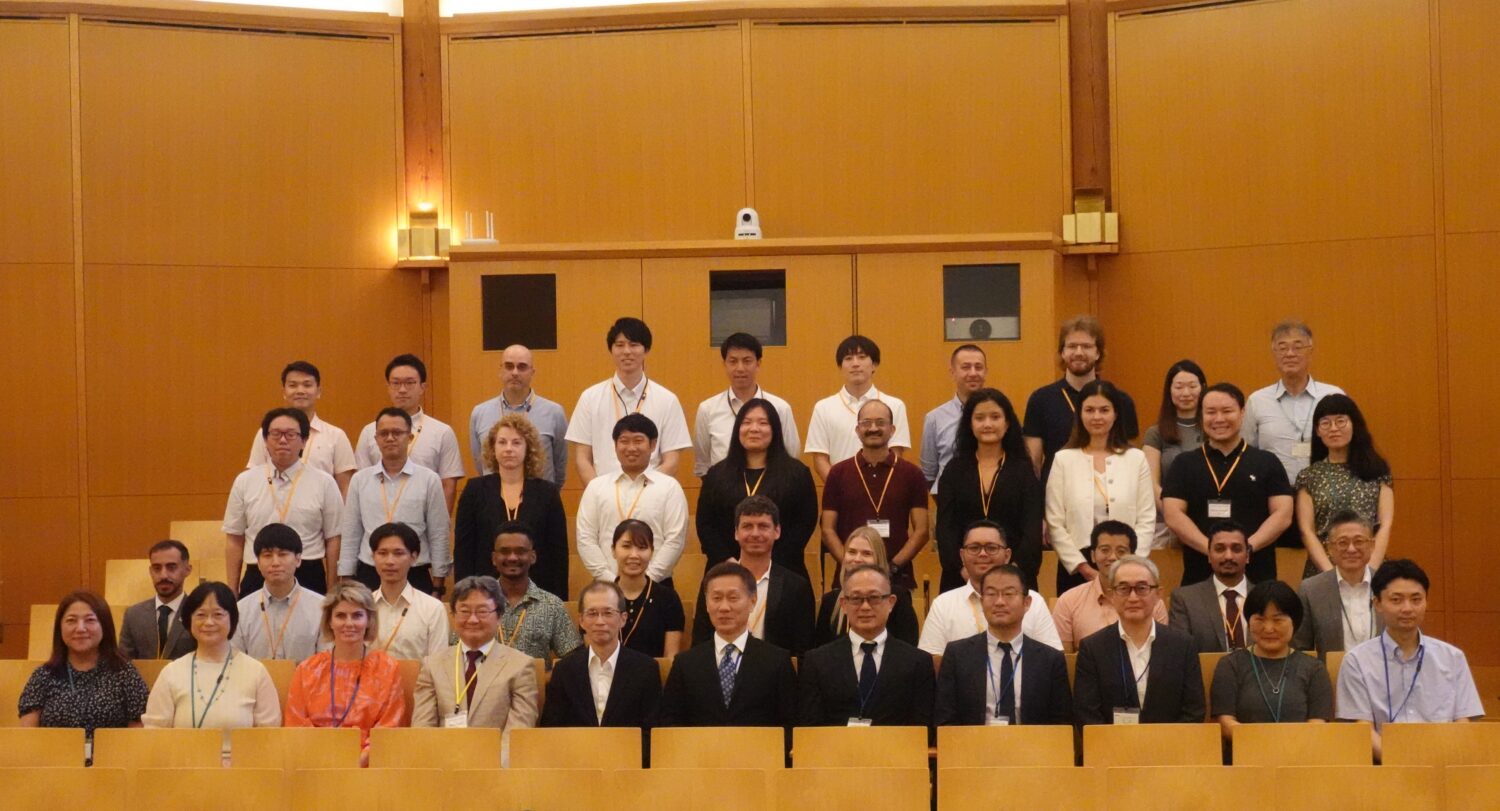Recognizing that nuclear power technology, with its enhanced safety and reliability, provides an important technological option for Japan in boosting its efforts on environmental issues and aiding its contribution to sustainable global development, the AESJ report makes various proposals, including those on issues related to energy security, the power market, and radioactive waste.
The subcommittee, in its analysis, determined the environmental value of nuclear power using a bottom-up energy system model, examining two scenarios for future nuclear use reducing CO2 emissions by 80 percent by 2050. The first is the so-called reference scenario, wherein the service lives of existing nuclear power plants (NPPs) are extended to sixty years and no new plants are built, and the so-called retention scenario, in which the current installed (gross) capacity is maintained until 2050.
In the reference scenario, installed capacity would shrink to 20,000MW in 2050, and dependency on nuclear power in the power supply would gradually decline. According to the analysis, the reliance on nuclear power in Japan’s total generated electricity would be 9 percent in 2050 in the reference scenario, and 18 percent in the retention scenario.
Comparing the two scenarios in terms of power-source composition through 2050, the report finds that introducing solar power, onshore wind power and offshore wind power in the retention scenario would be 23,000MW, 11,000MW and 32,000MW less than the reference scenario, respectively, indicating that investment in renewable energy could be substantially suppressed by maintaining nuclear power.
As for the costs required to reduce CO2 emissions, trial calculations show that in both scenarios, such costs would rise sharply from the latter half of the 2040’s, and that it would not be economically easy to reduce CO2 emissions by 80 percent by the year 2050. Therefore, the report says that “nuclear power is an important option for reducing CO2 emissions economically,” toward the reduction of CO2 emissions in an economically viable way, making maximum use of existing and new technologies.
Accordingly, the report concludes that Japan, as a nation with advanced nuclear technology, should strengthen its technological development and construct new NPPs, as well and replace older ones with NPPs having enhanced safety. It can be hoped, as well, that this will be an international contribution on environmental issues through their development in emerging countries.
Additionally, in anticipation of future risks in procuring energy resources, the report cites the advantages of nuclear power as follows:
- Stable power output in any environmental situation.
- A fuel supply resistant to disruption through short- and long-term storage.
- Resistance to energy price hikes.
- Effective use of resources via the nuclear fuel cycle.
It ends by describing nuclear energy as an “important option contributing to energy security.”










